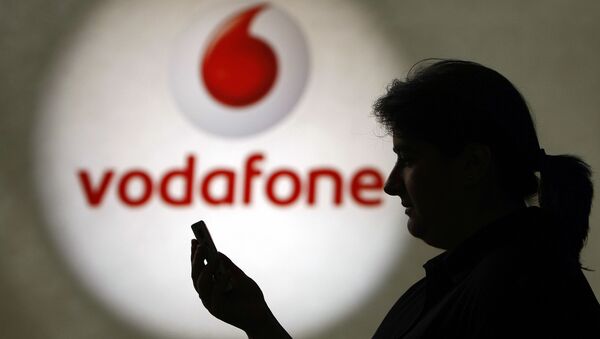India’s largest telecom operator Vodafone-Idea, which has over 380 million users, owes the government $7.46 billion in statutory dues, out of which the company has deposited $350 million as first instalment. Vodafone-Idea has developed a cost-cutting method to stay afloat in the market amid the current crisis, The Economic Times reported on Wednesday.
According to reports, Vodafone-Idea is curtailing its operations in cities where it has a weaker user base and merging them with stronger service circles. In the near future, the company could also take the drastic step of giving up its spectrum in cities with fewer customers.
In November 2019, Nick Reed, the CEO of UK-headquarted Vodafone revealed that the company’s situation in India has been very challenging for a long time.
Later in January, Kumar Manglam Birla, chairman of Vodafone-Idea hinted that the British company could even wrap up its India operations.
Reeling from losses, Vodafone-Idea appealed to the Supreme Court of India in February for an extension of its payment deadline which is currently set for 17 March.
Along with Vodafone-Idea, Airtel, with its 144 million users, also needs to provide the government with $5 billion as part of its AGR dues.
In 1994, under the National Telecom Policy, telecom operators in India got their licences for a fixed fee. However, as the fee was very high, the federal government offered to charge it in the form of a share of the AGR. The AGR tax includes licencing fees and spectrum charges, which are calculated on a percentage basis.
However, the companies subsequently failed to pay the specified revenue share to the government, which prompted the intervention of the Supreme Court.
India's top court ruled in favour of the government last October and came down heavily on both the government and the telecom players on 14 February as no payment had been made by then. The operators then shelled out $2.25 billion after being censured by the Supreme Court.


